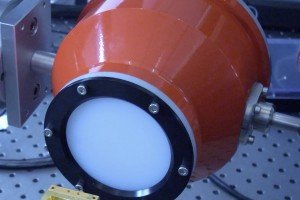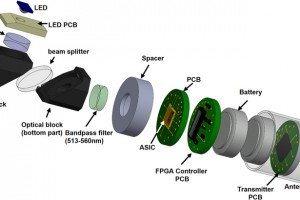
The University of Southampton, in collaboration with Hampshire-based Roke Manor Research have used the Xbox Kinect’s capability to monitor whole limb movements and taken it a step further to create an algorithm that tracks and measures hand joint angles and the fine dexterity of individual finger movements.
According to the University, the aim is to capture the data while the patients follow exercises on a TV screen.
The project aims to help people recovering from a stroke to do more regular and precise exercises so that they recover faster. The data collected will be fed back to the therapists caring for the patient so they can continually monitor progress, reducing the need for frequent hospital visits.
“Strokes are the largest single cause of severe disability in the UK and it is estimated that every year half of the hundred-thousand stroke patients experience upper limb problems. This project could make a significant difference to the wellbeing of those affected,” said Simon Wickes, Healthcare Business Sector Manager at Roke.
Roke is providing technical guidance and support to students woirking on the project.
“Not only is it a cost effective out-of-the-box solution, by reducing patient recovery times it could also have a positive impact on the £2.5 billion which the care and rehabilitation of stroke patients cost the UK health and social care system each year,” said Wickes.
The Southampton and Roke team’s next objective is to create a series of computer games to make the rehabilitation process more interesting for the patient. The games will adapt to each individual’s ability and help motivate them to reach rehabilitation goals by feeding back higher scores if their joint movements improve.
“Through our research we know that many people recovering from a stroke find their at-home exercises repetitive and often demotivating. If they are already finding it difficult and frustrating to move their hands, they need something to encourage them to try harder. We wanted to create a more engaging way to help them recover faster,” said Dr Cheryl Metcalf, Faculty of Health Sciences at the University of Southampton has been supervising the project.
Watch video of Xbox in operation at Roke
www.roke.co.uk
 Electronics Weekly Electronics Design & Components Tech News
Electronics Weekly Electronics Design & Components Tech News



